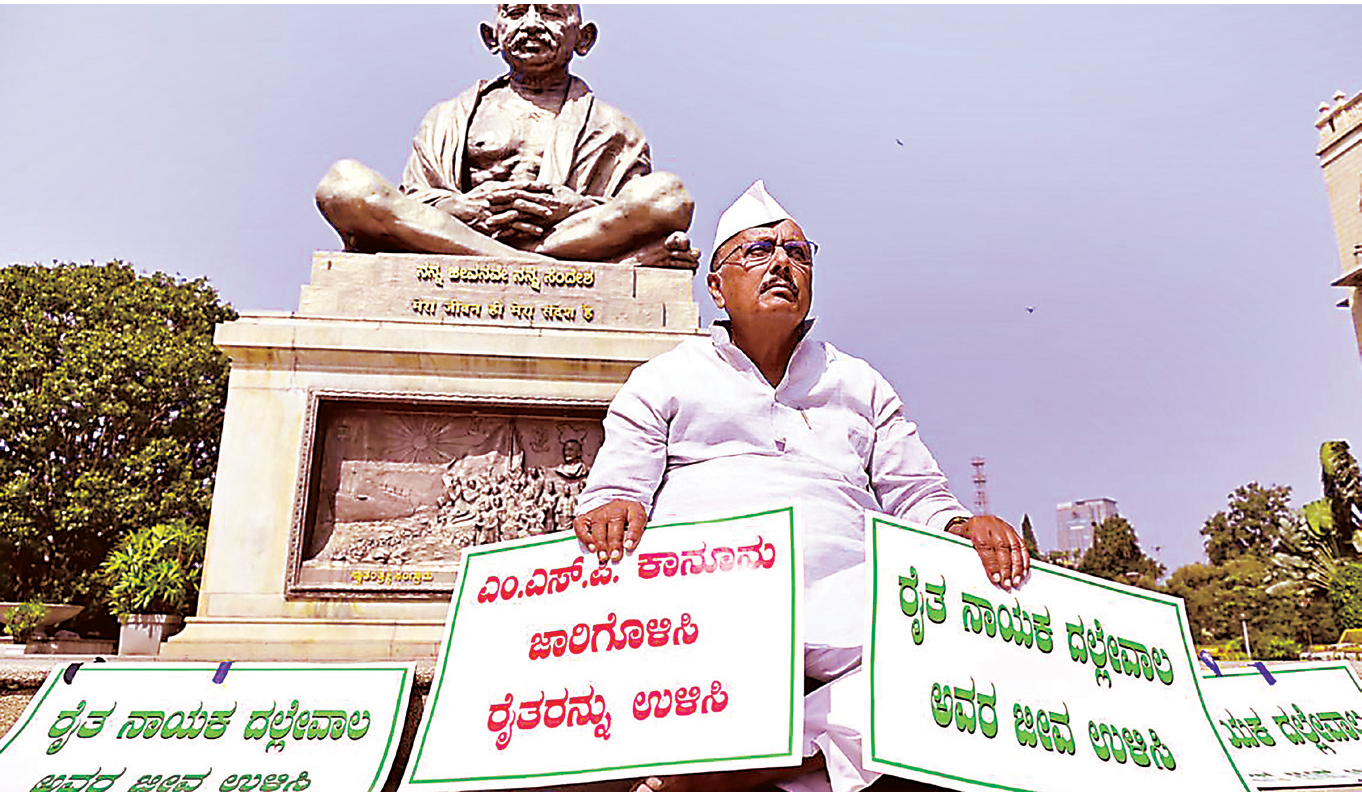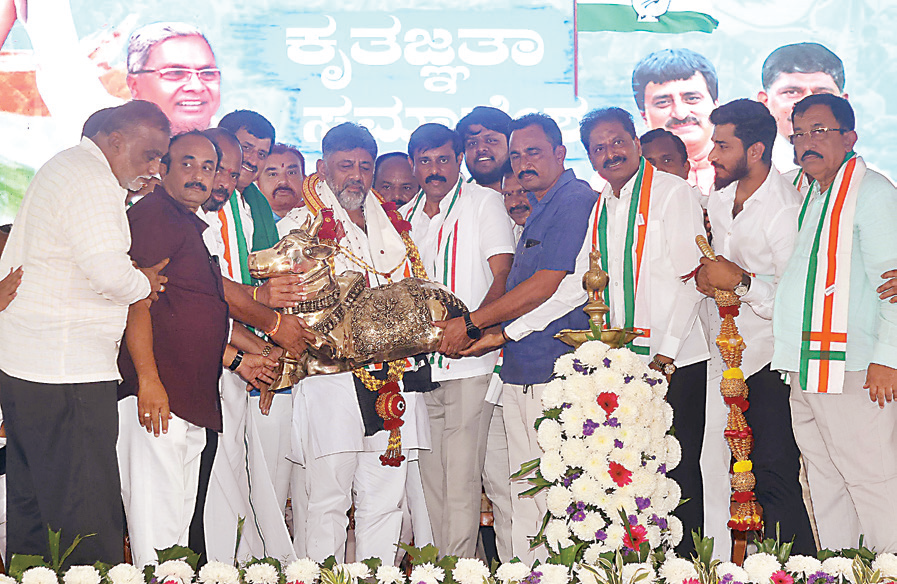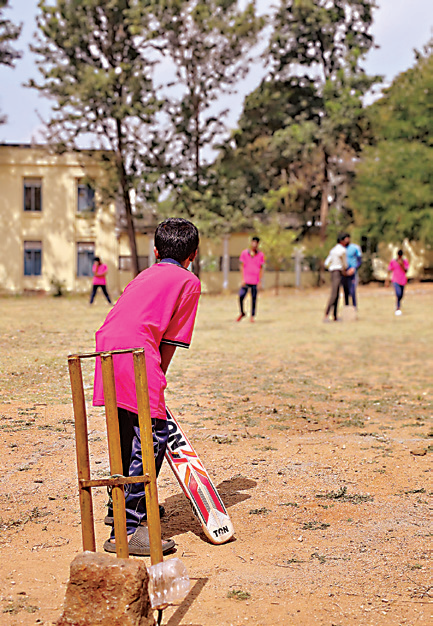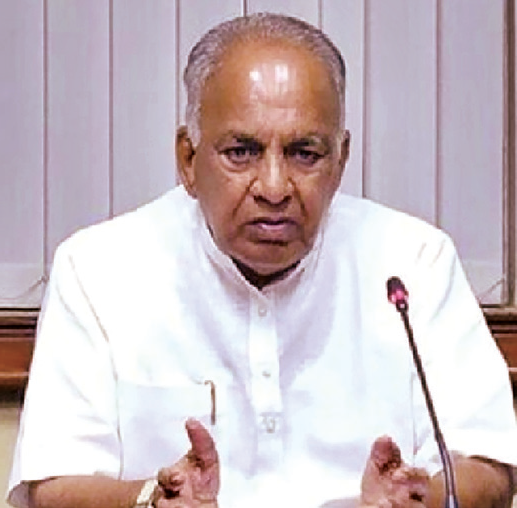
Sex ratio at birth up from 910 to 978 in state: Dr Sudhakar
NT Correspondent
Bengaluru: Health Minister Dr K Sudhakar has said 2022 was a year of comprehensive development of healthcare infrastructure, and added that there were many significant achievements in the year gone by.
Sharing data about the “significant achievements” of the Health department in 2022, he said the schemes of the Union and state governments have been implemented effectively and the right to health has been given to all.
Karnataka has emerged as a model state in the health sector by adopting modern technology. Maternal and infant mortality is the yardstick to measure the standard of healthcare available in any state. Maternal and infant mortality rates decreased from 83 to 69 percent.
According to the National Family Health Survey - 5 (NFHS-5) the sex ratio at birth improved from 910 to 978, the infant mortality rate from 21 to 19 percent, and the neonatal mortality rate from 16 to 14 percent.
Significantly, 97 percent of institutional deliveries have been recorded. Minister Sudhakar added that under the ‘Deafness free Karnataka’ initiative, cochlear implants are being installed in newborn babies to cure their hearing impairment. A total of 68 per cent of hospitals have been accredited under the ‘Lakshya’ program and 55 services have been certified at the national level.
Sanctioning 42,524 ASHA workers, leading implementation and reporting on the WHO portal, and 3rd position in e-Sanjeevini tele-medical consultation are also noteworthy achievements, Minister Sudhakar said. We stand first in outpatient tele-consultation with 61.99 lakh teleconsultations conducted till November, he added.
e-Manas
There is a significant achievement in the number of tele-counseling for people needing mental health assistance under the state mental health management system e-Manas. e-Manas was presented at the ‘Swasthya Chintan Shibir’ held in Gujarat in May under the best practices.
The telemedicine system has been implemented under the National Health Mission to provide the services of experts working in super specialty hospitals to the poor and to enable access to quick advice and treatment from specialists.
3200 general doctors, 600 specialist doctors, and 100 super specialty doctors are working in medical colleges and providing medical consultations in shifts, Minister Sudhakar said. Karnataka is the first state to start super specialty DNB courses in district hospitals, DNB, and diploma courses in taluk hospitals.
In 2020- 21, 8 HWCs received the Kayakalpa award for the first time and a total of 51 public health facility centers were certified according to NQAS at the national level, Minister Sudhakar said. In the first phase, 114 ‘Namma Clinics’ have been started. Works to start 128 women’s clinics and 128 polyclinics in urban areas are underway.
Citizen helplines are being started in district hospitals and it is being extended to taluk-level hospitals as well. Actions have been taken to establish a breast milk bank at Vani Vilas Hospital and to establish four additional breast milk banks regionally.
Minister Sudhakar said that treatment centres have been opened in all district hospitals and government medical college hospitals for free diagnosis and treatment of hepatitis.
Arogya Nandana
Amidst the Covid pandemic, 65 lakh children have been screened through Swasthya Kiran online reporting and tracking system. Minister Sudhakar said that the RBSK team along with pediatricians are conducting health checks of children in villages every day through “Arogyanandana” for the health care of rural children and 69,21,179 children out of 1.7 crores have been examined.
Dialysis services are available in all districts and 167 centres. 75 percent - 5.9 crore people are registered under the Karnataka Comprehensive Primary Health Care Scheme, including 2.82 crores under 30 years age group.
1.43 crore people were tested for non-communicable diseases, and Karnataka ranked first in registration and second in testing. Chikmagalur district ranks first in the country. Minister Sudhakar expressed happiness that Karnataka is a state with excellent potential.
As many as 35,73,295 (56.68 per cent) children were screened under the school eye screening programme. State MRI services have been started in 6 district hospitals under the PPP model and are being extended to 15 districts.
The state has bagged 14 medals including five silver and nine bronze for reducing the notified tuberculosis rate. Minister Sudhakar said that for the first time, the system of detecting tuberculosis through remote radio radiation centres has been started in five districts under artificial intelligence technology.
Improvemen
 English daily published in Bengaluru & Doha
English daily published in Bengaluru & Doha






